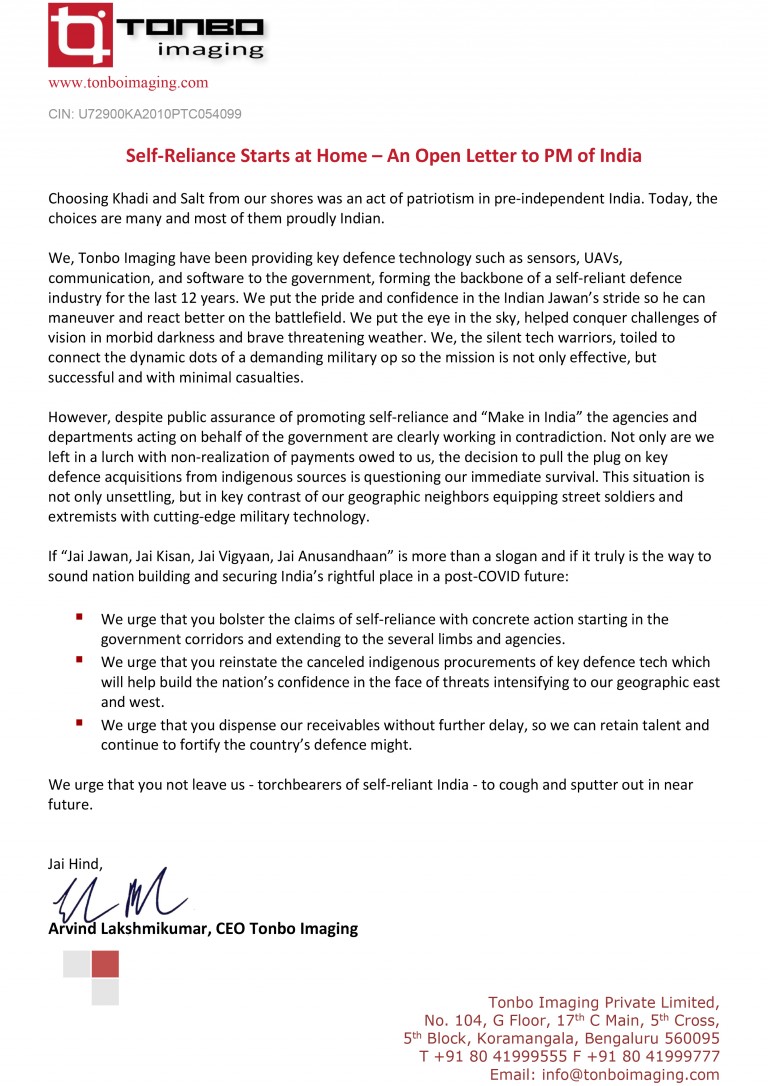TrishulM wrote:
Promoting industries at the cost of natural justice will only fuel inequality, where rich gets even richer. Next you will say trickle down economics (an ivory tower rationale) works, right? If industries seek resources like labour, land or capital they need to make due compensation. No two ways about it. Its very easy to espouse sacrifices when you are not expected to make it. You are simply looking at homogeneous and tiny east Asian nations and pointing out how "sacrifices (euphemism for exploitation) have helped their economy while ignoring myriad of other factors.
Hain, please read my original post on this. It is not American-style "trickle down" but "Erhardian bargain" based on Ludwig Erhard's thesis in Germany where the state enters into a social contract with its citizens that enduring pain today will industrialize your country and make it better for your children tomorrow. And it was not tiny East Asian countries. It was the BIGGEST country in Western Europe (Germany) and the BIGGEST country in the world (China.) Japan is 100m strong which is bigger than any European country. South Korea is the size of France or the UK.
BTW, my parents are just like you. They were college-educated with the same (leftist) ideals that you have. They are great people as I am sure you are. But I have many many discussions with them and I know their idealism will always get in the way. If they ran a rural village, they will always keep it poor (they think happy) by sharing everything equitably.
They'll never make that hard decision to amass enough resources to create a factory for example. They'll balk at the land that'll be required and the people who will be moved off of it or the water and energy resources it'll take. And once up, the factory can't employ the whole village but only some of them. Obviously, the ones who lost their land will suffer more than the rest, the ones who get the initial jobs will benefit more. And if the factory pollutes and people's health suffer, fix it later but don't kill it on the vine. If people protest, do not give in and give up on the factory. An industry needs to be nurtured with resources and when you are poor you need to take them away from people. That is cold hard fact.
But if you cannot make those cold hard decusions then you will never advance. The Erhard way is to make that hard first decision knowing full well that people will suffer but that the benefits in the future will make it worthwhile.
The most biting issue isn't the lack of money but lack of effective administration, especially at local levels i.e. panchayats and municipals. There is enough money around to work on eradication of poverty and education for all. The more people are uplifted from poverty and the more people that are educated, the more they will contribute to the growth of economy. Good grass-root development, rather than top heavy development, is a more effective method.
No, that is a fallacy. There IS a lack of money. Having people in poverty means lack of money. No matter how efficient you are with two rupees, it is just two rupees.
When the nation is poor and you spend your time trying to lift everyone out of poverty you are only spreading the thin resources you have even thinner. You need to amass what you have together to make an investment for the future. For example, you can give 1000 villagers a dollar that they can spend on some extra naan or ghee for a meal or you can amass that $1000 and buy a communal tractor that can improve the harvest for the village next season. That extra naan or ghee might be critical for some poorer families but unfortunately you have to look past it for a better future for everyone.
Bhopal hanged heavy on my heart since I was a child. My parents raged against it. Yes, I didn't want to bring up that as an example.
The truth is we all want to be humanitarians. But the ivory tower humanitarians are not the ones creating money to alleviate poverty. All they do is cry for available monies to be spread. The ones creating money and resources are those very industrialists that the humanitarians rage against.

